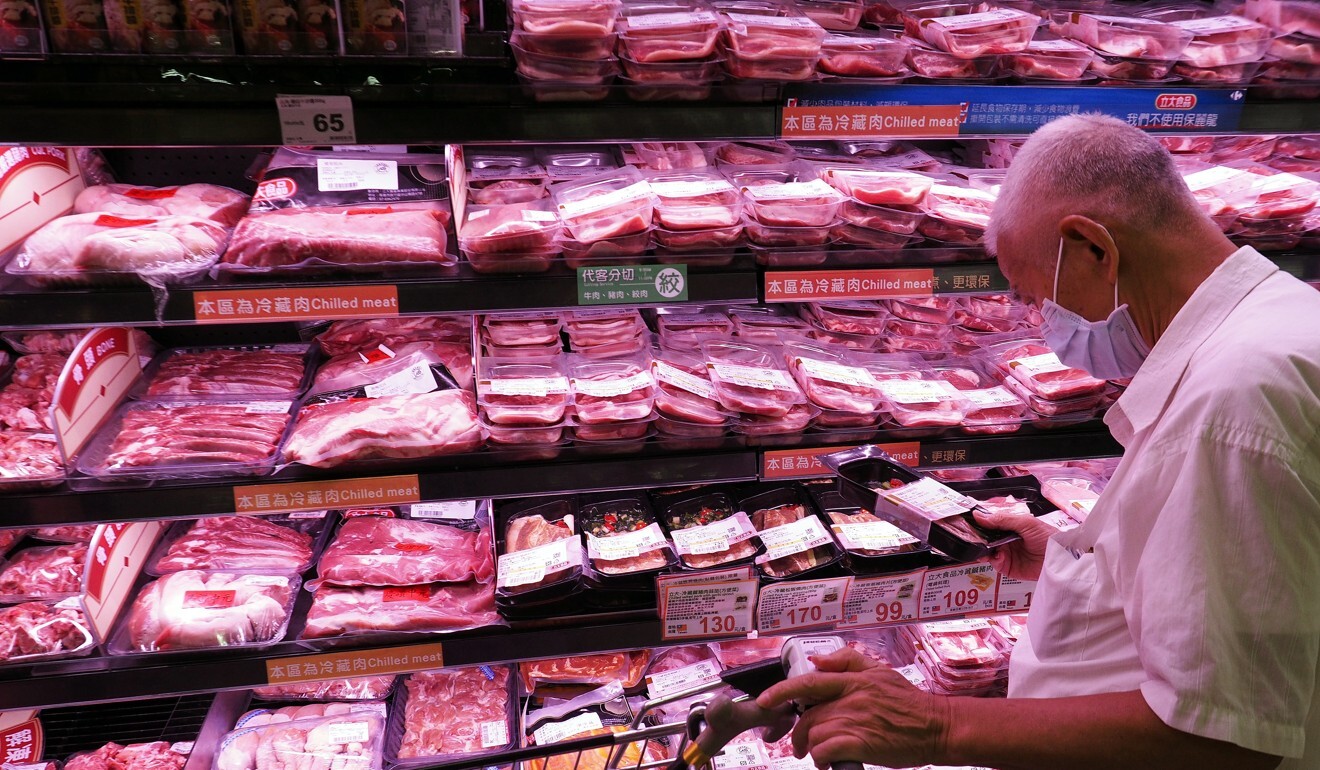
US, Taiwan discussing visit by senior official Keith Krach for trade talks
- Undersecretary of state is expected to travel to the island for a new economic dialogue in a move set to further anger Beijing
- Taiwanese foreign ministry says the two sides are still negotiating on details of the trip
Taiwan is negotiating with Washington over a planned trip to the self-ruled island by US undersecretary of state Keith Krach for trade talks, a move that is set to further enrage mainland China.
According to Taiwan’s presidential office and the foreign ministry, the two sides are still discussing the details of the visit.
“Our two sides are still negotiating on the time, form, agenda and all related issues about our [planned] economic dialogue, and we are looking forward to the smooth opening of the high-level dialogue,” the foreign ministry said in a statement on Thursday.
Tsai went ahead with the move despite protests from opposition parties and farmers and has taken flak over the decision, but it prompted Washington to open the door for trade talks. The restrictions on US pork containing the additive ractopamine – used to enhance leanness and banned in many places over safety concerns – and beef from cattle aged over 30 months have for years been an obstacle to any progress on a bilateral trade agreement.
Announcing the decision, Tsai said it was “in line with the country’s overall interests … and will further boost US-Taiwan ties”.
“If we can take one crucial step forward on the US pork and beef issue, it will be an important start for Taiwan-US economic cooperation at all fronts,” she said.

“This new senior-level annual economic dialogue will provide a platform to strengthen US-Taiwan economic ties across a spectrum of priority issues, including reorienting technology and medical product supply chains; enhancing investment screening and intellectual property rights protection; and expanding infrastructure and energy sector collaboration,” Stilwell said.

Krach would be the most senior official from the US State Department to visit Taiwan.
Alex Wong, deputy assistant secretary of state in the Bureau of East Asian and Pacific Affairs, went to Taipei in March 2018 – soon after President Donald Trump signed into law the Taiwan Travel Act which allows high-level official visits.
US, Taiwan seek ‘like-minded’ democracies to remake global supply chains and shift from reliance on China
In October last year, Sandra Oudkirk, deputy assistant secretary of state for Australia, New Zealand and the Pacific Islands, also visited Taiwan in a show of support after the island lost two diplomatic allies – the Solomon Islands and Kiribati – to Beijing.
Stilwell said there was no reason for Beijing to be concerned about Krach’s plan to visit Taiwan since it was for trade talks rather than any political issues.

